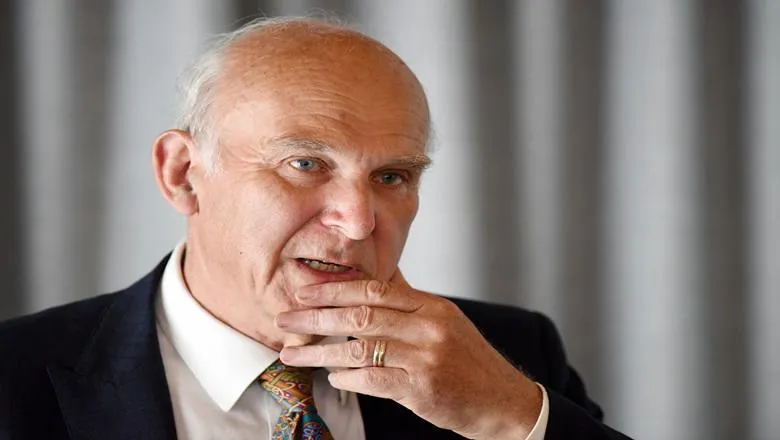Former Business Secretary says China and India must overcome deep mistrust to shape a stable global future

At China Week 2025, former UK Business Secretary Vince Cable delivered a wide-ranging analysis of the evolving relationship between China and India, describing the two Asian giants as "frenemies" whose future interactions will shape global power dynamics.
Speaking with Professor Kerry Brown at King's College London, Cable said the comparison between China and India is "interesting" because both countries began their post-independence journeys with "virtually identical per capita incomes" but have since followed "very different trajectories."
Despite their size and growing influence, Cable noted that "there's relatively little trade, there's relatively little political interaction" between the two nations. He cited a history of border disputes and mutual suspicion, particularly from India's side.
"They don't use the word enemy," he said, "but suspicion is a word that's very prominent."
Cable argued that while tensions persist, there are areas of cooperation.
"There is conflict-actual and potential," he said, "but there is also a lot of common ground." He pointed to shared positions on climate change, de-dollarisation, and technology, noting that both countries are "trying to develop a long-term strategy of diversification into renewable energy."
On economic development, Cable highlighted India's strengths in services and digitisation, but said its manufacturing sector faces challenges.
"The process of simply transplanting a supply chain from China to India just doesn't work," he said, citing labour conditions and infrastructure limitations.
Cable also challenged the conventional narrative of India as a democracy and China as an autocracy. "Actually, they're not all that different," he said. "Both of them are very good examples of state capitalism." He described similarities in decentralisation, governance structures, and approaches to dissent.
Culturally, Cable endorsed the idea of both nations as "civilisation states," saying they are not seeking global domination but rather regional influence. "They obviously want to exercise control over their periphery, but not much further than that," he said.
Looking ahead, Cable predicted strong economic growth for both countries. "Even when India's doing badly, it has this capacity to produce substantial economic growth," he said. He acknowledged China's current economic challenges, including a property slump and demographic decline, but said the country "usually manages to find answers."
"If you've got India growing at 7 or 8%, China growing at 4-5%, the United States 2-3%, Europe at 1%… you can see what the outlook is," Cable said.
He concluded by warning that the lack of mutual understanding between China and India could pose risks. "The capacity for misunderstanding is quite considerable," he said. "They absolutely do not understand each other."






